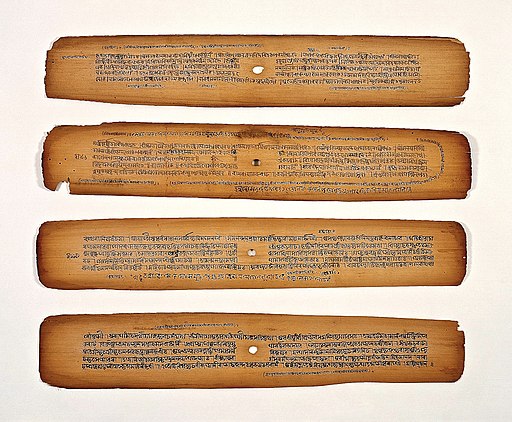“एउटै कुरा मागेको छु देशमा शान्ति होस, देश विघटन नहोस् एकता कायमै रहोस ।”
– श्री ५ ज्ञानेन्द्र
#kingfornepal
The importance of monarchy in Nepal depends on history, culture, politics, and people’s perspectives. While Nepal is now a federal democratic republic, the monarchy still carries symbolic, cultural, and even political significance for many.
This website is run by supporters not by the monarch.
Historical Foundation
Nepal was unified in the 18th century by King Prithvi Narayan Shah, laying the foundation for a sovereign nation. The monarchy symbolized continuity, stability, and independence for over 240 years.
National Unity & Identity
For many, the king was a figure above politics, representing all Nepalis regardless of caste, ethnicity, or region. Monarchy was seen as a unifying force in a country with diverse cultures and languages.
Cultural & Religious Role
The king was traditionally regarded as the protector of Hinduism in the world’s only Hindu kingdom (before 2008). The monarchy was deeply intertwined with religious traditions, festivals, and rituals that continue to carry social meaning.
Political Stability
Supporters argue that monarchy provided relative political stability compared to the frequent government changes and corruption scandals in the republican system. The king, being above party politics, was viewed as a balancing force during crises.
National Unity & Identity
Nepal’s monarchy was respected globally, often strengthening Nepal’s image abroad. It helped Nepal maintain sovereignty during difficult times, especially between powerful neighbors India and China.
Public Sentiment
Even today, a section of the population calls for the restoration of monarchy, arguing that republican governance has failed to meet expectations. Rallies, protests, and movements for monarchy occasionally surface, showing its continuing relevance in public discourse.
MOST OF THE Developed countries protecT their monarchy
monarch is mostly ceremonial; real power rests with parliament/prime minister)
| Constitutional Monarchies (Monarch is mostly ceremonial; real power rests with parliament/prime minister) | Europe | United Kingdom, Spain, Sweden, Norway, Denmark, Netherlands, Belgium, Luxembourg, Liechtenstein, Monaco |
| Asia | Japan, Thailand, Cambodia, Malaysia, Bhutan | |
| Oceania | Tonga | |
| Absolute Monarchies (Monarch has full or nearly full political power) | Middle East | Saudi Arabia, Oman, Qatar, United Arab Emirates, Bahrain, Brunei |
| Mixed/Other Monarchies | Morocco – Constitutional monarchy, but king retains strong political power Eswatini (Swaziland) – Absolute monarchy | |
| Most modern monarchies are constitutional, meaning the king/queen is symbolic with limited political influence. Absolute monarchies are rare today, mostly in the Gulf region. | What We Want | Constitutional Ceremonial Monarchy, the real power rest in Parliament and Primeminister |

Nepal as a Vedic Hindu Sanatan country
declare Nepal is “hindu kingdom”
Nepal is the only Hindu-majority nation that historically declared itself a Hindu kingdom. For centuries, its political, cultural, and spiritual life has been influenced by Vedic Sanatan Dharma. Temples, festivals, rituals, language (Sanskrit roots), and traditional laws in Nepal are strongly connected to Sanatan traditions. We argue that making Nepal a Sanatan country preserves this heritage. Nepal is home to Pashupatinath, Janakpur (birthplace of Sita), Muktinath, and many other sites of Vedic importance. It is seen as a “Dev Bhumi” (land of gods). Sanatan foundation could unify Nepal under shared values and distinguish it globally as a unique spiritual nation.